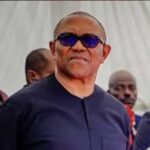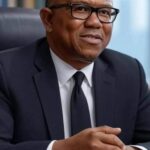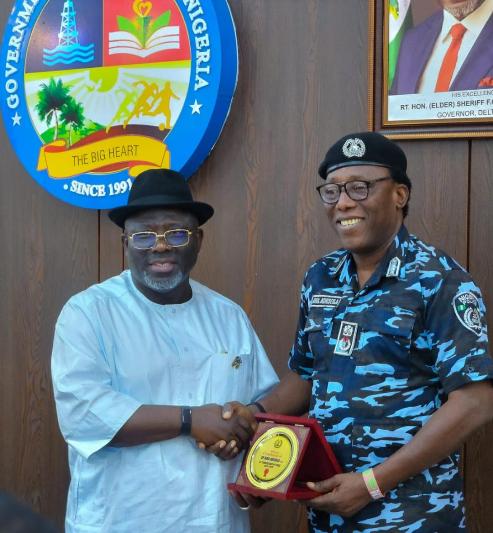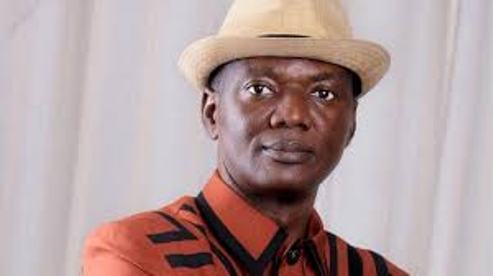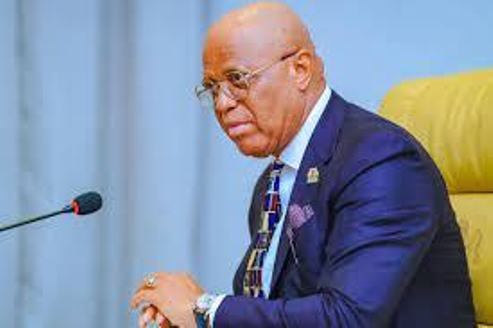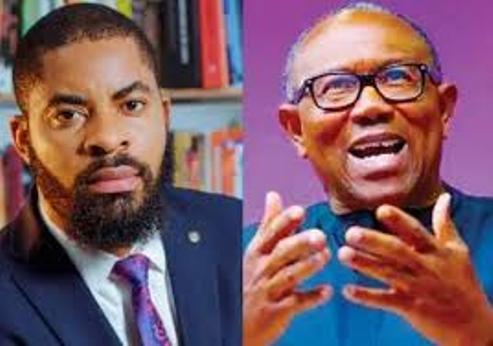LAGOS AUGUST 31ST (NEWSRANGERS)-Gen. Brice Oligui Nguema’s coup against Gabon’s president Ali Bongo Ondimba is a spectacular act of betrayal. As well as being commander of the Republican Guard responsible for Bongo’s security, Nguema is the president’s own cousin.
It is also the ninth such military power grab in central and west Africa since 2020, a sharp increase on recent decades that has some observers wondering if years of democratic progress is about to be reversed.
The list is already long:
In August 2020, a group of colonels removed Mali’s President Ibrahim Boubacar Keita and installed Bah Ndaw, a former military officer. Nine months later, in May 2021, the same colonels ousted Ndaw and took direct power.
In neighbouring Chad, Mahamat Déby Itno dissolved parliament after his father, president Idreiss Deby, was killed fighting rebels in 2021.
In September 2021, the colonel in charge of Guinea’s special forces overthrew president Alpha Conde, the country’s first democratically elected head of state.
In October same year General Abdel Fattah al-Burhan, the head of Sudan’s army, overthrew a nascent transitional government and restored the country to full military rule.
In January 2022 an army officer called Paul-Henri Sandaogo Damiba deposed Burkina Faso’s president Roch Marc Christian Kaboré. Army Captain Ibrahim Traoré ousted Damiba in a second coup several months later in September.
Mohamed Bazoum, Niger’s president, was overthrown last month and, similarly to president Bongo in Gabon, he was the victim of his own presidential guard.
‘Not all coups are the same’
Many such incidents are concentrated in the Sahel region, which is heavily affected by climate change and Islamist insurgencies. A large proportion are in former French colonies.
It is a region where Russia and its Wagner group have been diligently stoking anti-western, and especially anti-French sentiment – though there is little evidence they have been directly involved in the plots.
However, “not all coups are the same,” argues Alex Vines, director of the Africa program at Chatham House. “The drivers are different from country to country. You can’t just put them in the same basket.”
The coups in the Sahel countries of Mali, Burkina Faso, and Niger were largely driven by frustration at a deteriorating security situation. Wagner forces were present in all three.
Ironically, Western military aid may also have indirectly contributed. One of the unintended consequences of security interventions in this part of the world has been to turn national militaries into relatively functional institutions compared to other parts of government.
In Gabon and Guinea, it is more a question of what Mr Vines calls “democratic deficit”. Both countries were ruled by elderly presidents seeking third terms who were reluctant to let go of power.
“In Guinea and in Gabon it is about a response to frustrations at democratic deficit and bad elections. In Guinea the manipulation of the constitution, a sham election.
“The one we have just seen in Gabon is a response to an election with no international observers, in which the internet was cut, there was a curfew, and the electoral process redesigned.”
Reactions also vary wildly. The African Union did not even classify Mr Deby Itno’s coup in Chad as a coup.
By contrast the Economic Community of West African States (ECOWAS), the Nigeria-led regional bloc, has threatened military intervention if civilian rule is not restored in Niger.
The ferocity of that reaction may be down to a sense that there has been one coup too many and a line must be drawn.
The formula for a power grab
As a rule, coup leaders arrest incumbent presidents, declare a “transition period” to return to civilian rule, and entrench their power to make sure they control the outcome of eventual elections.
ECOWAS is well aware of the play book, which is why they have rejected the Niger junta’s proposal of a three-year transition period.
On Wednesday a delegation from the junta in Guinea argued in a presentation at Chatham House, the UK’s main foreign policy think tank, that they really do have a clear road map for rebuilding democratic institutions.
In both cases, it would be a mistake to assume that they are unpopular. Often coup leaders are taking advantage of the public, which sees military intervention as the answer to rising insecurity or immoveable elites. They seldom vindicate such hopes.
A United Nations Development Program survey of 8000 citizens of African countries affected by coups this year found that juntas generally do not improve security, most people would prefer a democracy, and that civilian supporters often end up with a sense of buyers remorse.
The Telegraph
For advert placement, events coverage, media placement, public relation consultancy and further inquiries please whatsApp 2348023773030 or email: labakevwe@yahoo.com
